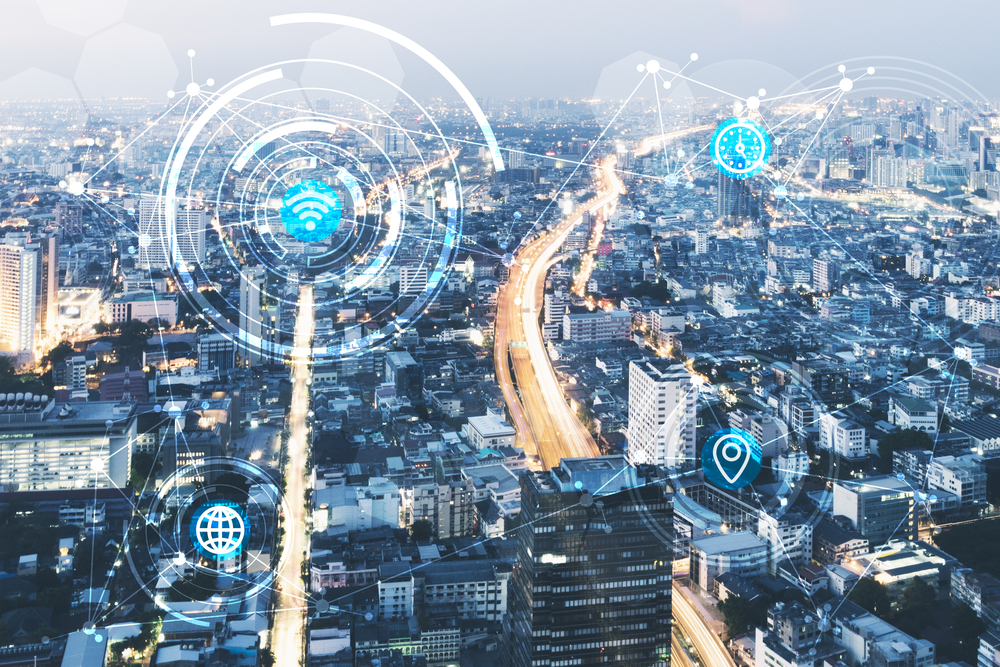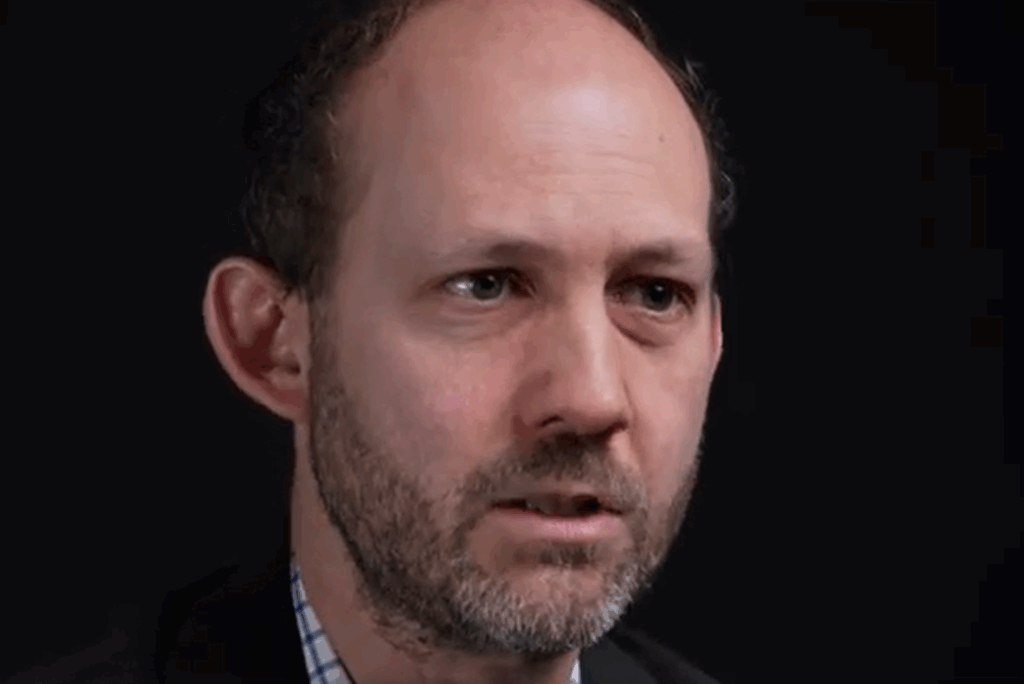I am pleased to be invited to speak at the letsrecycle.com conference ‘Technology AI & Blockchain’ on Tuesday 12th March. In my opinion it could not be better timed as it not only looks at the various ways technology is revolutionising our industry through the Fourth Industrial Revolution, but also the opportunities and challenges this change represents.

At the start of the year we saw the Fourth Industrial Revolution take centre stage at the World Economic Forum’s (WEF) annual meeting in Davos. The Fourth Industrial Revolution is frequently a term used by CEOs, policymakers and industry to describe technologies like artificial intelligence (AI), quantum computing, 3D printing and the internet of things. These technological combinations are increasingly changing the way we manage our waste along with every other facet of our lives.
Previous research undertaken by ISWA [the International Solid Waste Association] showed that 97% of those involved in the waste and resource efficiency sector believe it will be affected in one or another way by the Fourth Industrial Revolution and 50% of the respondents believe that the impact will be significant by 2030, signalling that changes are already on the way. ISWA is updating this research to develop a roadmap to prepare the waste management industry for the challenges that AI and other technologies pose for our sector. The research findings from ISWA will form a report, to be launched at ISWA 2019 in Bilbao, which will analyse how the Fourth Industrial Revolution has reshaped waste management in recent years and how it will continue to do so in the future.
Funding
The seminar is also timely as it follows the recent announcement by the UK Government of the businesses that will be receiving support as part of the £20 million GovTech Catalyst scheme, which aims to help technology firms develop and scale solutions to some of the nation’s biggest environmental challenges.
One of the successful organisations being funded has developed a digital platform to simplify and amalgamate current data entry processes in the waste management sector by combining AI, big data and machine learning. This will provide users with advice on how to maximise the value of the resources within their waste streams and help them to embed circular economy thinking in their approach.
This supports the view that AI can play an important part in accelerating the transition to a circular economy as set out in a recent report by the Ellen MacArthur Foundation and Google Artificial intelligence and the circular economy.
Circular economy
There is no doubt that the Fourth Industrial Revolution will be at the heart of our efforts to move from a linear to a circular economy.
Brian Mayne
Ricardo
The research identified cross-sector circular economy applications for artificial intelligence, in particular the food and consumer electronics industries and how AI is being used, or could be used in future, to enable and accelerate the transition in these sectors.
As a speaker at the event, I will look at the innovations provided by a range of technologies that are being developed to deliver a circular economy through increasing recycling and reducing contamination, some of which are now just being introduced whilst others are in the early stages of development. I aim to consider the range of new advances in AI and Internet of Things (IoT) throughout the world and some of the challenges the rapid adoption of this technology brings.
There is no doubt that the Fourth Industrial Revolution will be at the heart of our efforts to move from a linear to a circular economy. All of us working in our industry will need to be prepared and open to these changes. The more we take time to understand the challenges the better we will be able to adapt, and develop the knowledge that we will need to utilise these revolutionary technologies.
Brian Mayne is a fellow of the Chartered Institution of Wastes Management, Chartered Environmentalist and is recognised by the International Solid Waste Association as an International Waste Manager. He is responsible for project direction and management, business development and technical delivery across a range of resource efficiency areas for Ricardo.
Keen to learn more?
Join Brian Mayne and other speakers to hear about the use of artificial intelligence and Blockchain for waste and recycling services at the one-day conference on 12 March 2019 in London. The event is organised by letsrecycle.com and more details can be found HERE








Subscribe for free